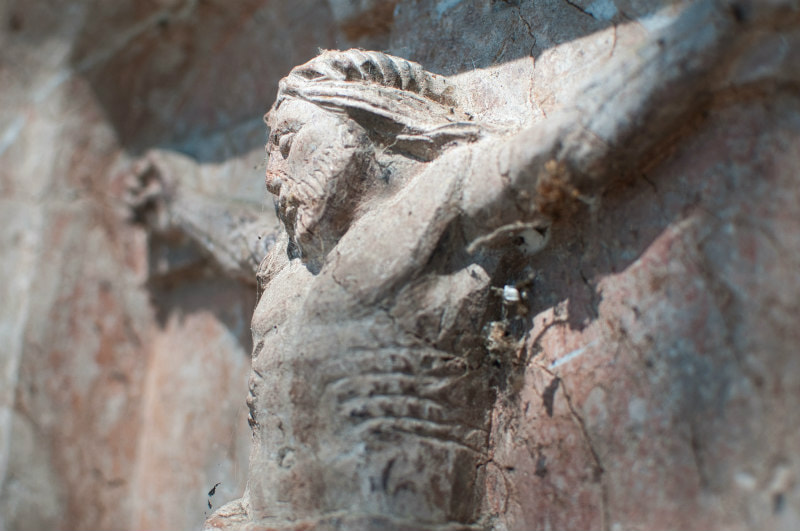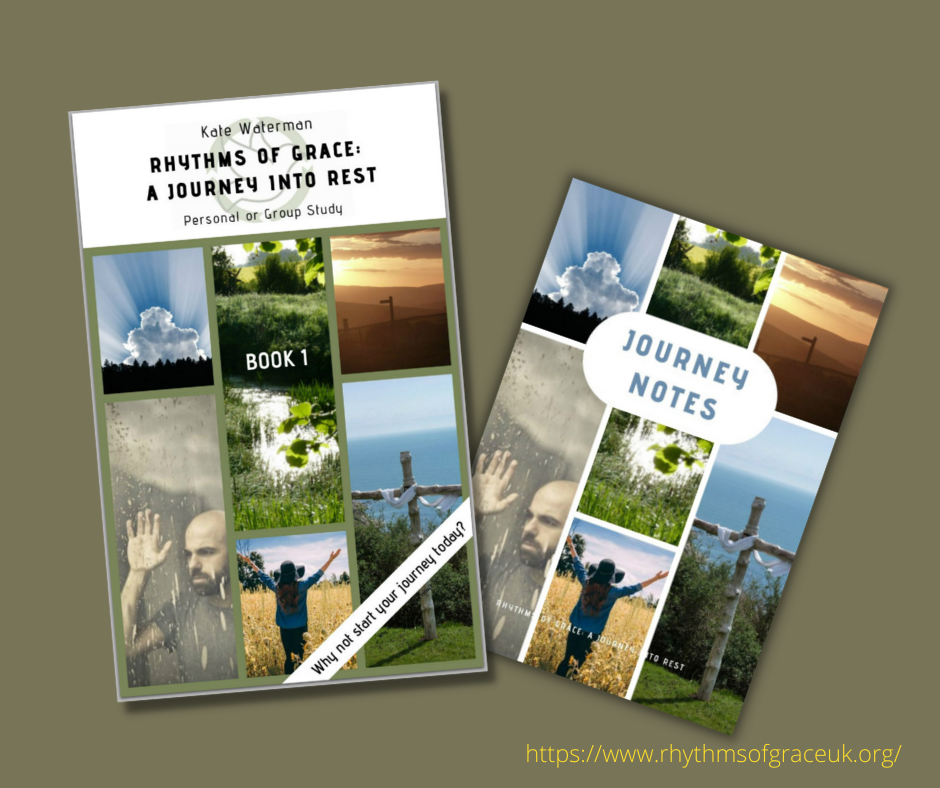- HOME
- INTRODUCTION
-
FOUNDATIONS
- A PERSONAL RELATIONSHIP WITH GOD
- A BRAND NEW LIFE >
- THE GRACE OF BAPTISM
- THE POWER OF BIBLICAL BAPTISM
- THE HOLY SPIRIT AND YOU >
- THE POWER OF THE CROSS
- MISSING THE MARK: OVERCOMING GUILT AND SHAME
- GODS PROMISE OF PROVISION
- EXPERIENCING GODS PRESENCE
- PSALM 91 (PASSION TRANSLATION)
- WHO AM I REALLY?
- WHERE DO WE COME FROM?
- MEET THE MAKER...
- NEW MINDSETS
-
KINGDOM LIVING
- THE GIFT OF RIGHTEOUSNESS
- BEING FRUITFUL
- SLAYING GIANTS
- HOPE FOR THE HURTING
- DEVELOPING LIFE RHYTHMS
- THE RHYTHM OF DEVOTION PART 1
- THE RHYTHM OF DEVOTION PART 2
- THE RHYTHM OF SABBATH
- THE RHYTHM OF FESTIVAL
- THE RHYTHM OF SEASONAL LIVING
- THE RHYTHM OF PLAY
- THE RHYTHM OF MEALTIMES
- THE RHYTHM OF COMMUNITY
- THE RHYTHM OF SOLITUDE
- BLOG
- CONTACT
GOD’S COVENANT OF PROVISION It is interesting that after Abraham’s encounter with Melchizedek (see last post) there is only one more record of him building an altar to the Lord. Maybe he knew at some level that the bread and wine represented a sacrifice to come, which would far outstrip anything he could offer. Maybe it had even been discussed—Jesus claimed that Abraham had ‘rejoiced at the thought of seeing His day; he saw it and was glad’ [John 8:56]. Perhaps that was the reason Abraham was able to be calm on the day he was asked to sacrifice his own son, Isaac, on Mount Moriah; maybe that was the basis for his answer to the question regarding the sacrifice, ‘God Himself will provide the lamb for the burnt offering’ [Genesis 22]. Abraham lived at a time when it was common for people to offer other human beings as sacrifices to appease their gods. We know the practice was abhorrent to the Lord [Leviticus 20:1-5, Hosea 13:2], so why would He ask Abraham to do such a thing? Maybe it was for Abraham’s sake, his witness in the culture of the day, and to the generations after him, a graphic illustration that the only sacrifice the Lord really requires is obedience [1 Samuel 15:22]. A ram was provided to be offered in the place of Isaac; a foretaste of when the Lamb of God would be offered in the place of our lives—and our sons, and daughters. JEHOVAH JIREHWe know the Old Testament is a shadow of the new; that the stories have their ultimate fulfilment in Christ. The Father required of Himself what He did not demand of Abraham; He gave His beloved Son for our sakes. And the account shows that it was not just Abraham who was walking in faith. Isaac, as a strong young man, put up no fight against his aged father—prefiguring his descendent, Jesus, who walked willingly to the cross. In later times the temple in Jerusalem was built on Mount Moriah [Chronicles 3:1]; Jesus was sentenced to die on the same spot where Isaac was bound. It was the place where the Lord had provided a ram in place of Isaac; the place Abraham had renamed ‘Jehovah Jireh’ which means ‘The Lord Will Provide’—his testimony to the people around him, and to the generations to come [Genesis 22:14]. It might have appeared that all the promises of God were bound up in Isaac; by being prepared to lay them down, and trust the Lord, Abraham discovered that those covenant promises were actually bound up, not in his son, but in the nature and character of God. Abraham had tasted the bread and wine, the foretaste of the supreme sacrifice to come. Now he learned the truth of Covenant Promise: Jehovah Jireh is who God is. NEXT WEEK: THE CROSS IS EVERYTHING The cross is everything; it’s the foundation for a successful life—and it’s the covenant-pledge of God to meet our needs. GET IN TOUCH[Photo credits: Claud Richmond (ram); Anja Bahu (crucifixion); Brett Jordan (mail icon) @ Unsplash, with thanks]
0 Comments
Leave a Reply. |
PREVIOUS COLLECTIONS
All
|
|
All text and photographs,
unless otherwise credited © rhythmsofgraceuk.org All rights reserved. |
**The owner of this website, www.rhythmsofgraceuk.org is a participant in the Amazon Services LLC Associates Programme. This is an affiliate advertising programme which earns fees for sites which advertise and link to products supplied by Amazon properties, including, but not limited to, amazon.com, and amazon.co.uk.
Please note: commissions are supplied by Amazon; there are no hidden costs for visitors to this website, and all resources shown are genuine recommendations, CONTACT ME
|






 RSS Feed
RSS Feed
